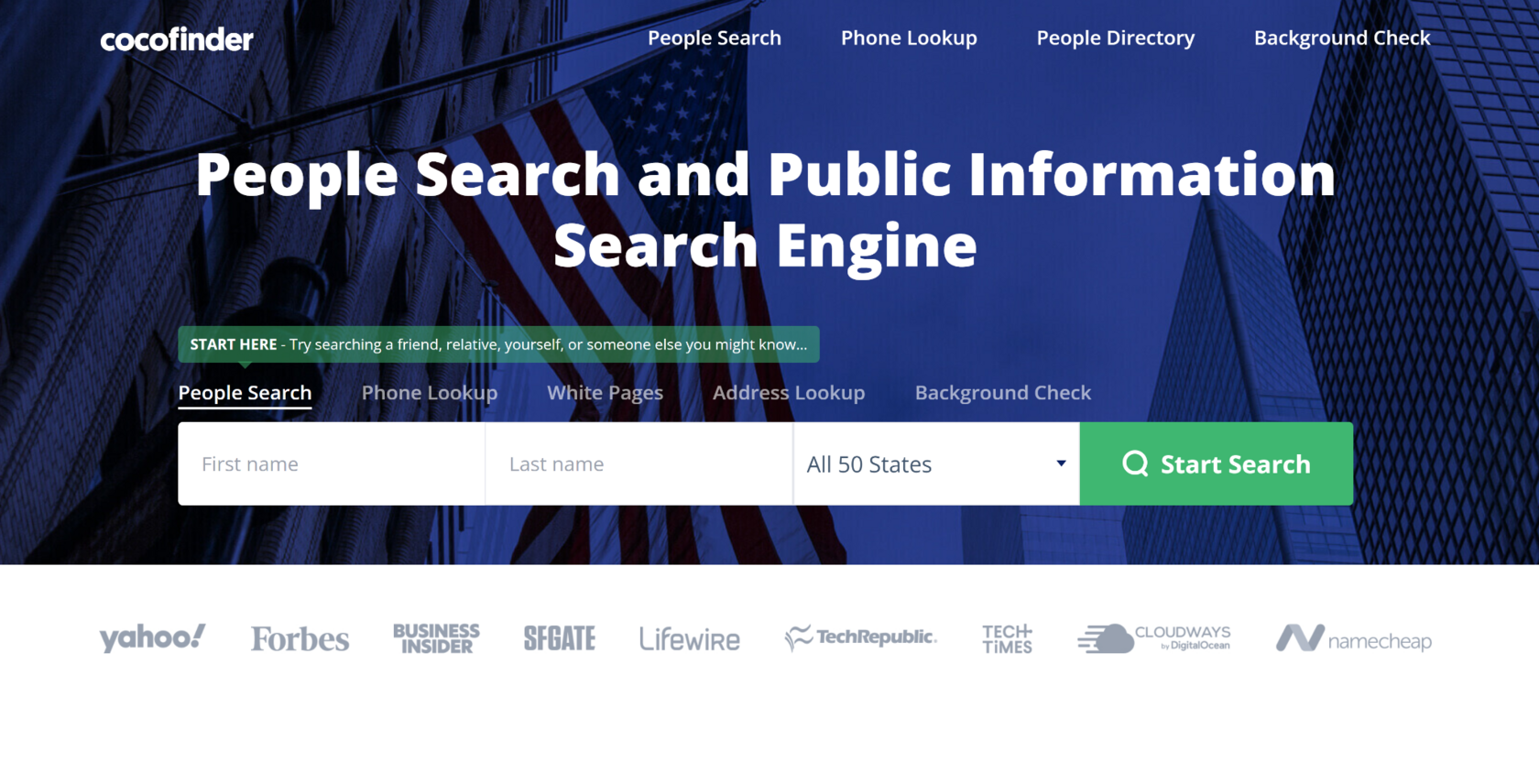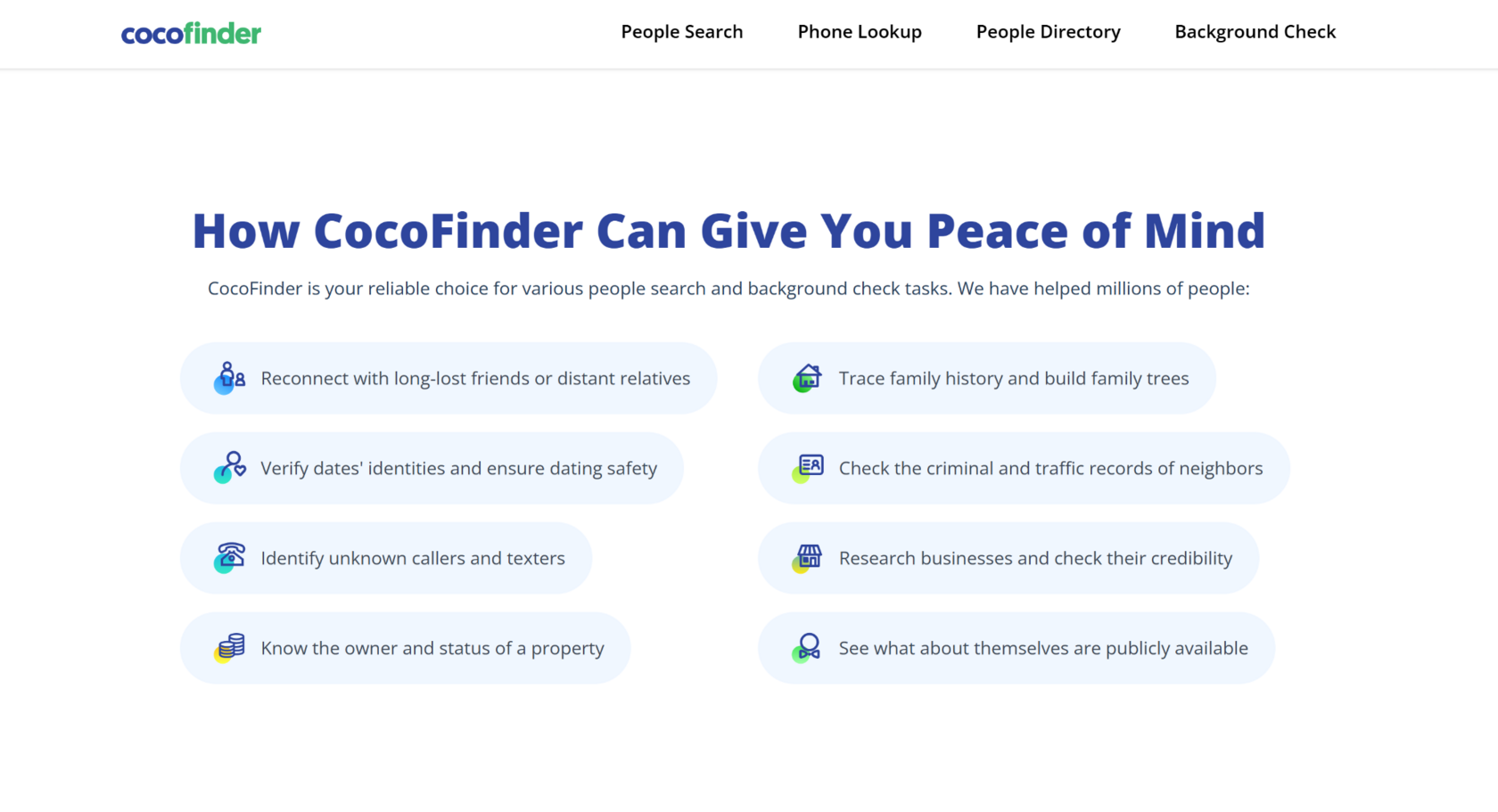How to Identify Who Called You From This Phone Number
Have you ever received a call from an unknown number and wondered who it was? Whether it’s a missed call, a suspicious number, or a potential scam, identifying the caller can help you decide whether to answer, block, or report the number.
Fortunately, several methods allow you to find out who called you: some free, some paid, but all designed to give you clarity and peace of mind. In this guide, we’ll explore the best ways to trace unknown callers, verify their identity, and protect yourself from spam or fraud.
Why You Might Need to Identify an Unknown Caller

Before diving into the methods, let’s look at common reasons why people search for unknown callers:
1. Avoiding Scams & Fraud
Scammers often use spoofed numbers to trick people into answering. Identifying the caller can help you avoid phishing attempts, fake IRS calls, or tech support scams.
2. Screening Important Calls
Some unknown calls could be from potential employers, doctors, or other important contacts. Knowing who called ensures you don’t miss crucial communications.
3. Blocking Unwanted Contacts
Telemarketers, ex-partners, or harassers may use unfamiliar numbers. Tracing the caller helps you block them effectively.
4. Verifying Business or Personal Contacts
If you’re expecting a call from a new client, landlord, or service provider, confirming their number adds an extra layer of security.
How to Find Out Who Called You for Free
Several free methods can help you identify unknown callers before resorting to paid services.
1. Perform a Google Search
Simply typing the phone number into Google (with or without dashes) can reveal:
- Business listings
- Online directories
- Forum posts or complaints about scam calls
Example: Search "(123) 456-7890" or 1234567890 to see if the number appears in public records.
2. Use Social Media Platforms
Many people link their phone numbers to social media accounts. Try searching the number on:
- Facebook (via the search bar)
- WhatsApp (if saved, the name may appear)
- LinkedIn (some professionals list contact details)
3. Check Reverse Phone Lookup Directories
Some websites specialize in identifying phone numbers. Free options include:
- Truecaller (crowdsourced caller ID database)
- Whitepages (basic free searches)
- CocoFinder (offers free reverse phone lookups with name and location details)
4. Look Up Area Codes & Prefixes
If the number is unfamiliar, checking the area code and prefix can give clues about its origin. Websites like AreaCodes.org or AllAreaCodes.com can help determine if it’s a landline, VoIP, or mobile number.
When to Use a Paid Reverse Phone Lookup Service

Free methods work for basic searches, but if you need detailed information (such as full name, address, or criminal records), a paid service may be necessary. Paid lookups are useful for:
- Locating persistent harassers
- Investigating potential fraud
- Finding long-lost contacts
Best Paid Reverse Phone Lookup Services
- BeenVerified – Comprehensive reports including social media and criminal records.
- Spokeo – Aggregates data from public and social sources.
- CocoFinder – Provides accurate, up-to-date information with a user-friendly interface.
How to Block Unwanted Calls After Identification
Once you’ve identified the caller, you can take action:
1. Block the Number Manually
- iPhone: Go to Settings > Phone > Blocked Contacts
- Android: Open the Phone app, tap the number, and select Block
2. Use Call-Blocking Apps
Apps like Truecaller, Hiya, and Nomorobo automatically filter spam calls.
3. Report Scam Numbers
Submit suspicious numbers to:
- Federal Trade Commission (FTC)
- Federal Communications Commission (FCC)
- Better Business Bureau (BBB)
How to Protect Your Own Phone Number
While searching for unknown callers, it’s also important to safeguard your own number:
1. Avoid Sharing Your Number Publicly
- Don’t post it on social media or public forums.
- Use a secondary number for online forms.
2. Enable Caller ID Spoofing Protection
Some carriers offer services like AT&T Call Protect or T-Mobile Scam Shield to block spoofed calls.
3. Opt Out of Data Broker Sites
Websites like Whitepages and Spokeo may list your number publicly. Most allow opt-out requests.
Conclusion
Identifying an unknown caller is easier than ever, thanks to reverse phone lookup tools, social media, and search engines. Free methods like Google searches and Truecaller can help with basic identification, while paid services like CocoFinder provide deeper insights when needed.
Always use these tools responsibly, whether you're avoiding scams, reconnecting with someone, or protecting your privacy. If you’ve ever had to trace an unknown number, share your experience in the comments below!
FAQ
Why is identifying unknown callers important for startups?
For startups, receiving unexpected calls could mean missed opportunities or potential scams. Connecting with clients, investors, or even leads often involves unknown numbers. Identifying unknown callers ensures startups prioritize legitimate business while avoiding unnecessary disruptions.
What are the best free methods to find out who called?
Free methods include searching the number on Google, using social media platforms like LinkedIn or Facebook, and referencing reverse phone lookup tools such as Truecaller. Tools like these allow startups to verify if the number belongs to a client, partner, or telemarketer.
How do social media platforms aid in caller identification?
Social media sites often link phone numbers to profiles. Startup founders can quickly search numbers on networks like LinkedIn or Facebook to identify prospects, partners, or verify new business contacts while maintaining professional connections.
Are reverse phone lookup tools reliable for startups?
Reverse phone lookup tools like CocoFinder or Whitepages are excellent for businesses looking to verify caller identities. These tools provide insights like name, location, and sometimes professional affiliations, helping startups discern important calls from spam.
What should startups look for in a paid reverse lookup service?
Paid services like BeenVerified or Spokeo offer comprehensive information, such as criminal records and social media data. For startups, these insights can be crucial when screening partners, investors, or potential hires.
How can startups handle frequent spam calls?
Startup founders can block unwanted numbers manually or use call-blocking apps like Hiya or Truecaller. These tools not only identify spammers but also help maintain focus and privacy in a busy entrepreneurial schedule.
When should startups report suspicious numbers?
Suspicious numbers, especially those linked to potential scams, should be reported to local cybersecurity authorities or platforms like the Federal Communications Commission (FCC). This protects the startup ecosystem and fosters safe communication practices.
What steps can startups take to protect their own phone numbers?
Startups should avoid sharing their numbers publicly, enable caller ID spoofing protection, and opt out of data broker sites like Spokeo. Using secondary numbers for online forms also minimizes exposure to unsolicited calls.
Can international startups benefit from these methods?
Yes, startups operating globally can use these strategies to ensure legitimate communication while protecting cross-border interactions. Local reverse lookup tools often provide region-specific information as well.
How can identifying unknown callers improve startup operations?
By vetting unknown numbers, startups can focus only on high-value connections while avoiding unproductive interactions. This time efficiency directly impacts growth, productivity, and reputation.


